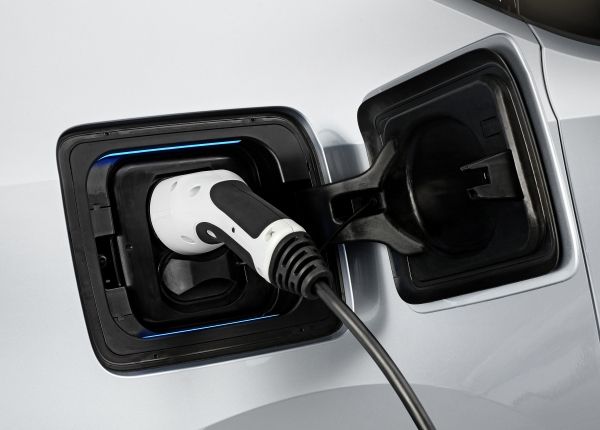The Conservative Environmental Network (CEN) has called for a ‘total modernisation’ of transport, including a government-backed network of ultra rapid chargers.
The CEN, an independent forum, MP caucus and membership organisation for conservative MPs supportive of decarbonisation and conservation, has given several policy recommendations for the decarbonisation of transport in its manifesto.
Among the recommendations was the creation of incentives for the installation of ultra-rapid EV chargers in key locations, such as motorway service stations. This suggestion comes after energy giants including Centrica, BP and National Grid called for government backing in establishing a UK-wide network of ultra-rapid chargers earlier in the year.
The manifesto also supports the Committee on Climate Change’s recommendation of bringing forward the 2040 ban on the sale of conventional vehicles to 2035, as well suggesting the introduction of a new tax on sales of non-EVs after 2030.
The introduction of the right to request a charge point and government-backed interest free loans for the purchase of EVs is also proposed.
A solution to shrinking revenues from fuel duty was also proposed, amidst industry uncertainty over how it will be replaced. Industry speakers at the Everything EV conference in London last March speculated that the government may choose to tax EV electricity consumption.
The CEN is proposing the introduction of road pricing to make up for shrinking fuel duty revenues, a model based on the principle that those using public roads should pay for the costs they individually incur. The manifesto points to existing schemes in other countries such as Singapore as examples of road pricing working.
Whilst the CEN makes it clear the measures outlined in its manifesto are ideas that it hopes will spawn discussion and aren’t necessarily agreed upon by all members, CEN director Sam Richards said that if they are adopted, they offer the next Conservative Prime Minister the opportunity to unite the country and secure the prosperity of future generations.
“We have a record to be proud of, as one of the leading countries in the world in tackling climate change. But we know there is more to do, and the manifesto aims to present a space to discuss these potential future pathways in greater detail,” Richards added.






